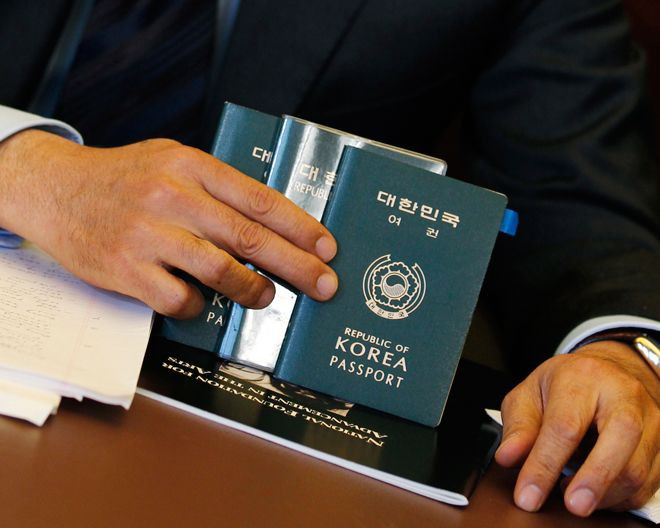SEC Says Anshoo Sethi, 29-Year-Old Real Estate Developer, Took Millions From Foreign Investors Using US Legal Residency Status As Lure

A Chicago real estate developer allegedly used green to get green, $156 million worth of it to be exact, the Securities and Exchange Commission said Friday.
More than 250 foreign investors were not only duped by Anshoo Sethi into believing their money was going to build the world’s first green zero-emission hotels and a convention center, to be sited near Chicago's O'Hare International Airport; they were also assured they would qualify for permanent residency green cards for doing so, according to the SEC’s court filing.
The financial regulator, which has frozen Sethi’s U.S. assets, says that for the past 18 months the 29-year-old Windy City native “perpetuated a large-scale investment scheme to exploit a federal visa program as a means to defraud investors seeking strong returns and a legal path to U.S. residency.”
The case underscores the wire fraud that can occur when foreign investors have U.S. legal residency dangled in front of them as a lure to secure funding for private-sector projects.
Through A Chicago Convention Center, LLC, or ACCC, a limited-liability company based in Illinois, Sethi shopped for investors, asking for a minimum $500,000 investment plus a $41,500 administrative fee that was refundable if the visa application was denied. The project, he said, would create 8,000 local jobs.
But the SEC alleges that more than 90 percent of the $11 million in refundable fees he collected had largely been spent and that more than $2.5 million of the sum was whisked away to Sethi’s personal bank account in Hong Kong. More than $145 million of these investors' funds “remain at risk of being misappropriated,” the SEC said in its emergency request to freeze assets and secure a preliminary injunction that was submitted on Wednesday.
Investors have not been publicly identified. Most of them are Chinese nationals seeking residency in the U.S. in exchange for investing in U.S. jobs growth. As recently as last July, Sethi traveled to Shanghai in search for investors for his $735 million project, according to the Chicago Tribune.
Sethi went to considerable lengths in his proposed development project, including commissioning an investment analysis report from Chicago-based Integra Realty Resources early last year. Sethi is listed as the CEO of UpGrowth, a property developer that still prominently displays the proposed project on its home page.
Calls to UpGrowth for a comment from Sethi or a representative about the SEC’s charges went unanswered. Integra declined to comment on the issue.
In Sethi’s Offering Memorandum, a legal document that outlines objectives, risks and investment terms, he claims to have secured franchise agreements with Starwood Hotels & Resorts Worldwide, Inc. (NYSE:HOT), InterContinental Hotels Group PLC (LON:IHG) and Hyatt Hotels Corporation (NYSE:H). The SEC claims no such franchise agreements exist and that Hyatt demanded Sethi refrain from claiming the Chicago-based hotel group has anything to do with the project.
Sethi is also accused of falsely telling the investors that he had acquired all the necessary permits and of submitting false documents to U.S. Citizenship and Immigration Services for the so-called EB-5 program. Under that visa regime, investors are qualified to acquire legal permanent residence if they invest $1 million in a job-creating or job-preserving project, or $500,000 if the project is in an economically depressed area.
The EB-5 program has been the subject of scrutiny in recent years for its loose rules. Representatives offering the opportunity to apply for permanent residency under this program often downplay the risks of investments and misrepresent the requirements. For example, a person seeking capital from investors seeking legal residency in the U.S. might not point out that permanent residency is contingent on the investment project’s successful completion or that legal status isn't guanteed just because the money is handed over.
An analysis by Reuters in 2010 found that thousands of investors had been duped by middlemen using the EB-5 program as a lure. In fact, almost half of applicants that tried to gain legal residency by investing in the U.S. and approaching the program failed in the end to acquire permanent residency, Reuters found.
Meanwhile, the President’s Council on Jobs and Competitiveness has called for a radical expansion of the EB-5 program as it stands.
© Copyright IBTimes 2024. All rights reserved.





















